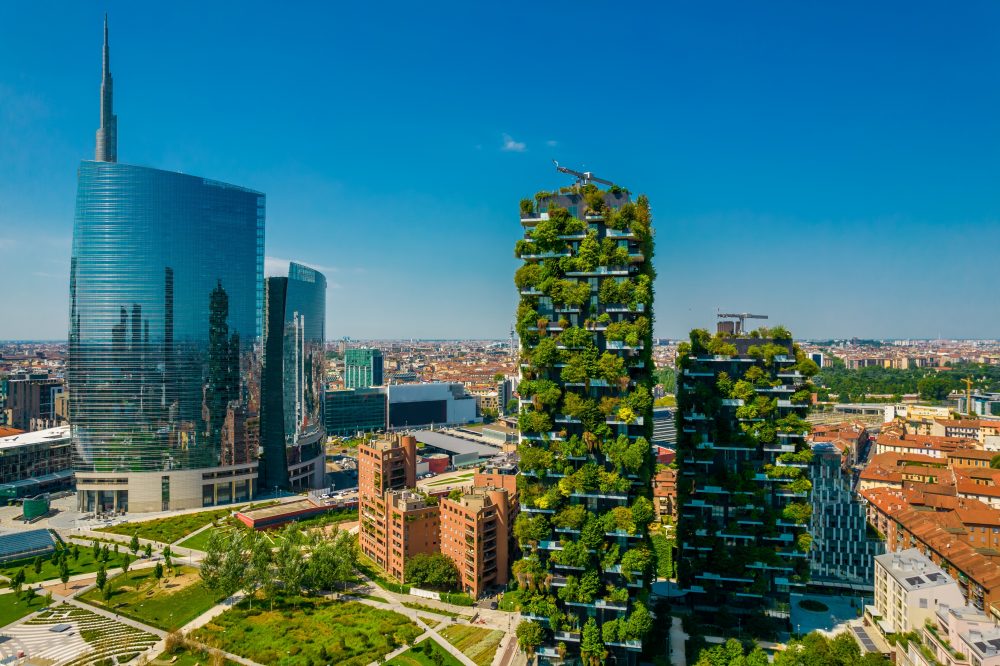
The Research problem
The impact of climate on urban and building design is well established. When designing an infrastructure or building, current and future climate analysis is undertaken at early stages to satisfy users’ thermal comfort while minimizing energy demand. In the face of changing climates and energy crises, new systems to deliver comfort and energy are currently being adopted at scale. These resilience interventions include building retrofit programs and introduction of blue/green infrastructures in cities. However, the impact of these large-scale interventions on urban climate is not well understood. For example, the introduction of air-source heat pumps at scale might significantly modify streets micro-climate (hygrothermal and air quality). This research gap is of importance to scholars and society generally.
Research Design
This WUN knowledge exchange hub aims to provide evidence on interventions responding to climate change and public health. The project will be undertaken in three continents, representing four climates, and five cultural contexts. The hubs activities include undertaking systematic literature reviews and workshops with city representatives and experts toward establishing a framework to assess the impact of climate resilience interventions and identify potential trade-offs. By developing this WUN knowledge exchange hub, the project will build international research collaborations and foster global higher education activities.
Project Objectives
New knowledge gained from this research will support the implementation of climate resilience interventions in cities by providing evidence to experts and policy makers. Follow-up research will aim to inform building retrofit programs, urban infrastructure planning, climate warning preparedness plans, and policies to increase resilience.